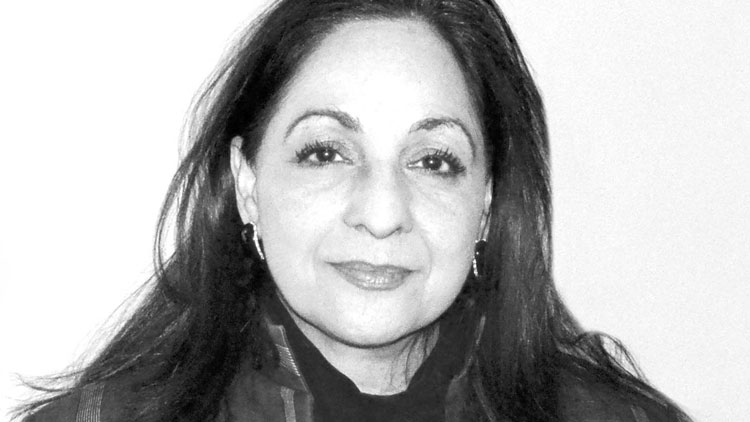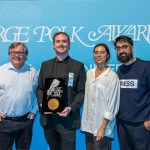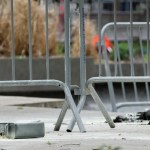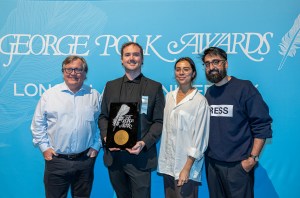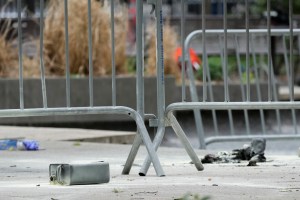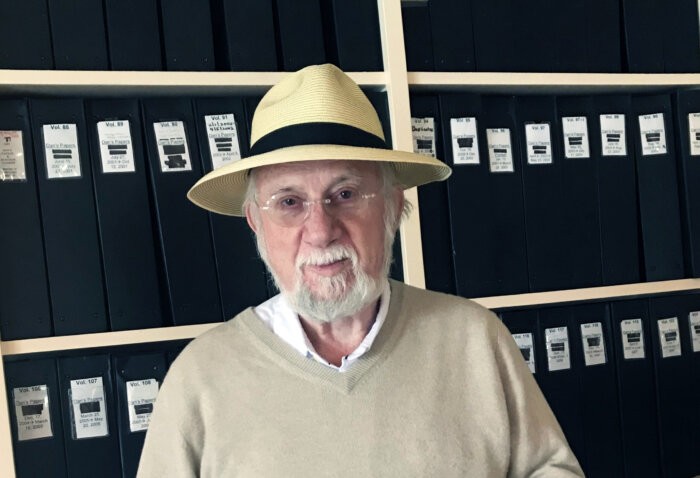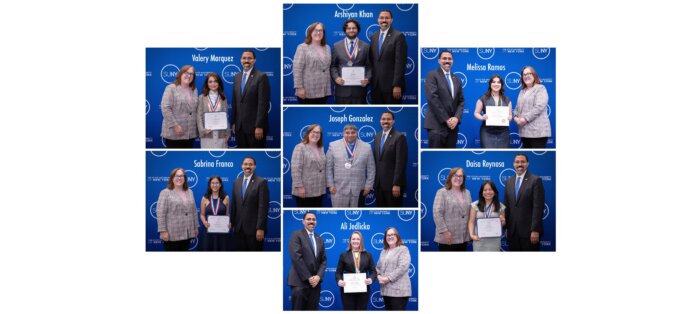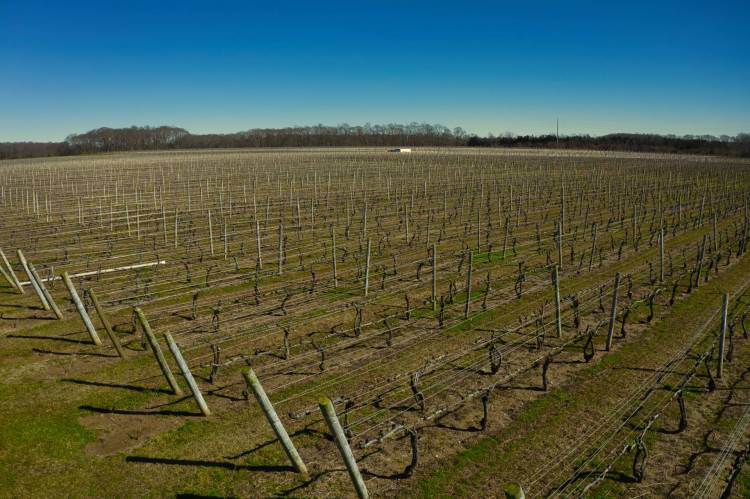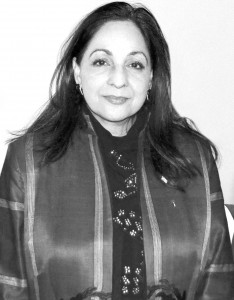
The shiny red boxing gloves projected on a screen over Daisy Khan’s shoulder definitely didn’t fit her as a young child in Kashmir, India, when her father gave her a life lesson using the oversized mitts as a prop, and they would surely swallow her up now. Yet they forever have a use.
Khan, just a toddler at the time, occasionally escapes to that moment in her life, as she did again at a recent event at Long Island University Post, her alma mater. Khan said her father hoped the gloves would resonate years later if his youngest child was ever faced with a foe or a challenge seemingly too daunting to overcome.
“Why?” she asked him.
“‘Because you were my third daughter, and I never wanted anybody to bully you,’” Khan remembers him telling her. “‘And if anybody was going to try and bully you, I wanted to teach you to defend yourself.’”
The elder Khan wasn’t advocating future physical retaliation, she said. Instead, it was his way of empowering his daughter early on. Khan has adopted that lesson and tries to encourage Muslim women in America and in other countries to amplify their voices and become leaders in their own communities.
Khan, now 55, is executive director and co-founder of the American Society for Muslim Advancement, a nonprofit organization that she founded with her husband, Imam Feisal Abdul Rauf. Both became the public faces behind the so-called “Ground Zero Mosque,” a project that stalled after intense pressure from opponents who blasted the plan as insensitive to families of victims who died in the Sept. 11, 2001 attacks. Khan also launched WISE (Women’s Islamic Initiative in Spirituality and Equality), an advocacy group that supports Muslim women across the globe.
Khan, invited by LIU Post to speak Nov. 13 as part of its five-week-long lecture series dubbed “Muslim Journeys,” told the female-dominated crowd that it felt good to be back at the university, which was “pivotal in shaping my world view.”
She left India at age 16 and moved in with her uncle, Dr. Faroque Khan, one of the founders of Westbury’s Islamic Center of Long Island, in Jericho, and eventually enrolled at LIU, where she signed up for a Farsi class that gave her the opportunity to hang out with the “cool Iranian kids.”
Khan took advantage of her LI education and later became a successful architectural designer for several Fortune 500 companies and even admitted to The New York Times in 2010 that she sometimes struggled with her faith during that time, partly due to its suppression of women’s rights.
Sept. 11 changed everything.
Khan was peppered with the same question that has become all-too familiar for many other Muslims who were suddenly forced to defend their faith: “Why is your religion so violent?”
She was inspired to “unearth the truth of Islam,” she told the crowd.
In 2006, Khan—“compelled to create a modern-day Muslim women’s suffrage movement,” she said—established WISE, while at the same time advocating for Muslim Americans through interfaith collaboration.
“I believe…that by giving voice to women is our best chance to stop them,” she said of extremists.
WISE’s official launch came during a conference in Times Square in ’06, which included 150 Muslim women from 25 different countries.
“This faith-based activism is continuing with Muslim women today,” she said.
“We cannot let the extremists hijack the discourse from us,” Khan added. “Our voices have to be the strongest because we are the strongest in numbers.”
Armed with the memory of her father’s boxing gloves, so dear to her heart, she passes their power on.



